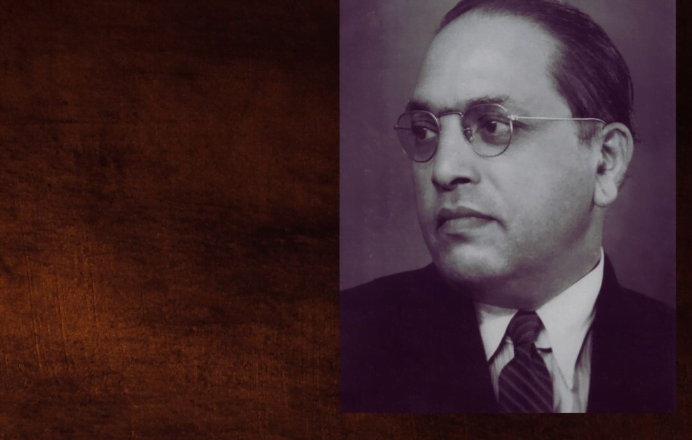Introduction: Exploring Dr. Ambedkar’s Argument in the Supreme Court
Dr. B.R. Ambedkar’s appearance in the Supreme Court in 1952 marks a significant moment in the history of constitutional law. In this article, we delve into the details of this unique case and its implications on constitutional interpretation.
Dr. Ambedkar’s Case in the Supreme Court: A Historical Context
The Context of Land Reform in 1952
During the early 1950s, land reform emerged as a critical issue in India, prompting several legal battles in the Supreme Court. It was against this Dr. Ambedkar backdrop that Dr. Ambedkar found himself representing a group of zamindars from Uttar Pradesh in the case of State of Bihar v. Kameshwar Singh.
Ambedkar’s Unusual Choice of Client
Ambedkar’s decision to represent zamindars seems unusual given his past advocacy against dominant caste interests. Historians speculate that financial incentives may have played a role in his decision.
Ambedkar’s Argument: Challenging the ‘Spirit’ of the Constitution
Ambedkar’s argument centered on the notion that the compulsory acquisition of property without just compensation violated the “spirit of the Constitution.” He argued that the Constitution, aimed at establishing liberty, justice, and equality, implicitly prohibited such actions.
The Impact of Ambedkar’s Contention
While Ambedkar’s argument was not successful in court, scholars argue that it laid the groundwork for the Basic Structure doctrine, later affirmed in the landmark case of Kesavananda Bharati in 1974. This doctrine established the supremacy of certain fundamental principles of the Constitution.
Comparing Constitutional Interpretation: US vs. India
The article draws parallels between constitutional interpretation in the US and India, highlighting the evolution of constitutional ‘spirit’ and its role in shaping legal discourse.
The Evolution of Constitutional ‘Spirit’
The ‘spirit’ of a constitution evolves over time, reflecting societal changes and legal interpretations. This fluidity is evident in both the US and Indian contexts, where the judiciary plays a crucial role in interpreting and applying constitutional principles.
Political Implications of Constitutional Interpretation
The ‘spirit’ of the Constitution carries significant political implications, often serving as a tool for advocating for or against constitutional reform. Understanding this ‘spirit’ is essential for ensuring a just and equitable society.
Conclusion
Dr. B.R. Ambedkar’s argument in the Supreme Court, though not immediately successful, left a lasting impact on constitutional jurisprudence in India. His emphasis on the ‘spirit’ of the Constitution paved the way for future legal developments, reflecting his commitment to justice and equality.
FAQs
- What was the significance of Dr. Ambedkar’s case in the Supreme Court?
- How did Ambedkar’s argument influence constitutional interpretation in India?
- What parallels can be drawn between US and Indian constitutional interpretation?
- How has the ‘spirit’ of the Constitution evolved over time?
- What are the political implications of understanding the ‘spirit’ of the Constitution?
